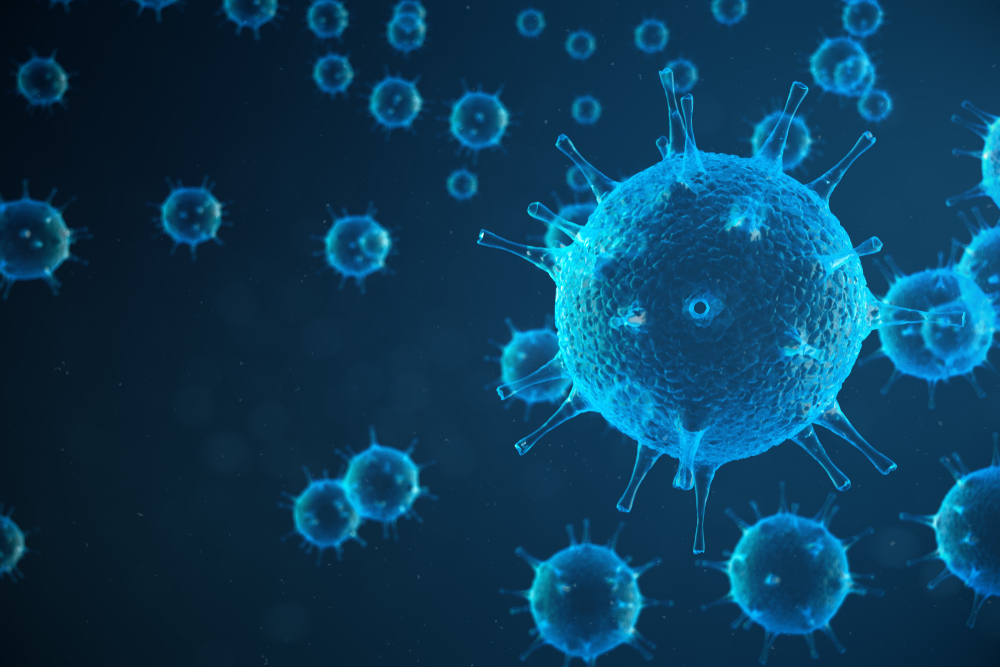The power to end a pandemic
G20 leaders can enable the world to end AIDS and save millions of lives, by ensuring health technological innovations under way reach all who need them
G20 leaders can enable the world to end AIDS, stopping the deadliest pandemic, saving millions of lives and ensuring that countries are better prepared for any other health threats to come. To do so, bold action is needed for people across the world to have access to the health technologies coming on stream.
We are in a time of transformative opportunities to end AIDS forever. New and emerging health technologies, including so-called ‘long-actings’, could replace the need for a daily dose with an injection that lasts months. Expanding access to new options is crucial so people are not excluded from life-saving support. Together, these technologies could protect millions more people from HIV, and enable millions more people living with HIV to get on and remain on treatment. For many people, access to long-actings will mean the difference between dying and living. Serendipitously, India, Brazil and South Africa – G20 hosts for 2023, 2024 and 2025 – are leading the push to open up access to these technologies for all. This provides an opportunity for plans to be agreed and implemented.
The pharmacy for the Global South
India brings a wealth of experience in pharmaceutical development. The third largest producer of pharmaceuticals in the world, it is often referred to as the pharmacy for the Global South, an achievement enabled by its full use of flexibilities through the Agreement on Trade-Related Aspects of Intellectual Property to produce generic medicines. An estimated 16.5 million AIDS-related deaths have been averted globally since 2001 thanks to generic medicines, mostly produced in India. During the Covid-19 pandemic, India’s Vaccine Maitri (Vaccine Friendship) programme distributed more than 235 million vaccine doses to 98 low-income countries. Through initiatives with the World Health Organization, Global Fund, PEPFAR, UNITAID, UNICEF, ministries of health and health non-governmental organisations, India is committed, as Prime Minister Narendra Modi says, “to make health care accessible and affordable, not only for our citizens but for the whole world”.
Brazil has been a pioneer in establishing a countrywide programme to distribute antiretrovirals for people living with HIV. With sufficient capacity to produce some HIV medications locally and a robust internal logistics system to allocate medicines and substantial purchasing power, Brazil has led in negotiating better prices with originator pharmaceutical companies. Moreover, a combination of political will, civil society engagement, public health policies anchored by human rights principles and a favourable legal framework has led the country to make use of TRIPS flexibilities, including compulsory licences, to expand access to the generic market of key antiretrovirals. The Generic Drug Act encourages access and availability of affordable and assured-quality drugs. Brazil is also boosting transfer of technology between private and public pharmaceutical companies via the Productive Partnerships for Development initiative. President Luiz Inácio Lula da Silva has emphasised Brazil’s global commitment to advancing access to medicines for all and reducing inequalities.
Treatment for millions
South Africa’s 1997 enactment of the Medicines and Related Substances Control Amendment Act paved the way for the global use of generic antiretrovirals. Today, South Africa oversees the largest programme in the world, offering treatment to millions. President Cyril Ramaphosa challenged what he termed “Vaccine Apartheid” in the Covid-19 crisis: “What is more important,” he asked at the Paris Financing conference, “life or profits of big pharmaceutical companies?” In July 2021, the mRNA Technology Transfer Programme was launched in South Africa along with manufacturers in 15 low- and middle-income countries to improve health security through sustainable, regional vaccine production.
Together, these countries are urging the world to recognise that health technologies are a global public good and that expanding their production and lowering production costs – therefore making health technologies more affordable and accessible – is a boon for the whole world.
Pandemics know no borders. Too often the world takes too long to heed this lesson. Hoarding essential medical products in the Covid-19 pandemic enabled the rise of new variants, the deaths of millions, a global economic crisis, strained health systems and global insecurity. The lack of sharing of health technologies for HIV from the mid-1990s to the early 2000s cost more than 12 million lives. The provision of generic antiretrovirals enabled the world to reduce the price of AIDS medicines by 99%, helping three quarters of people with HIV get treatment today, many through programmes supported by G20 members.
To finish the job, new HIV-related health technologies must be widely available. So far, one such technology has been shared by one company, with a subset of 90 countries, after it had begun in the Global North, after public pressure. But to end AIDS, all new and emerging HIV technologies must be shared by all companies with all low- and middle-income countries, with knowledge and technology transfer shared during the earlier stages of the research and development cycle, not only after medicines become available to people in rich countries. Governments, which fund much of the research, regulators and procurers, must insist on this. Governments must also cooperate to explore the benefits of regional and local pharmaceutical manufacturing; how more countries can take advantage of TRIPS flexibilities to produce, import and export generic medicines; how to make sharing technologies and proprietary rights common practice; and how to increase public sector investment in R&D, giving governments better leverage over the pricing and availability of new health technologies.
We can end AIDS and be ready for the pandemics to come, if the exciting health technological innovations under way become accessible to all who need them. Together, G20 leaders can choose to save millions of lives and ensure the health security of us all.












